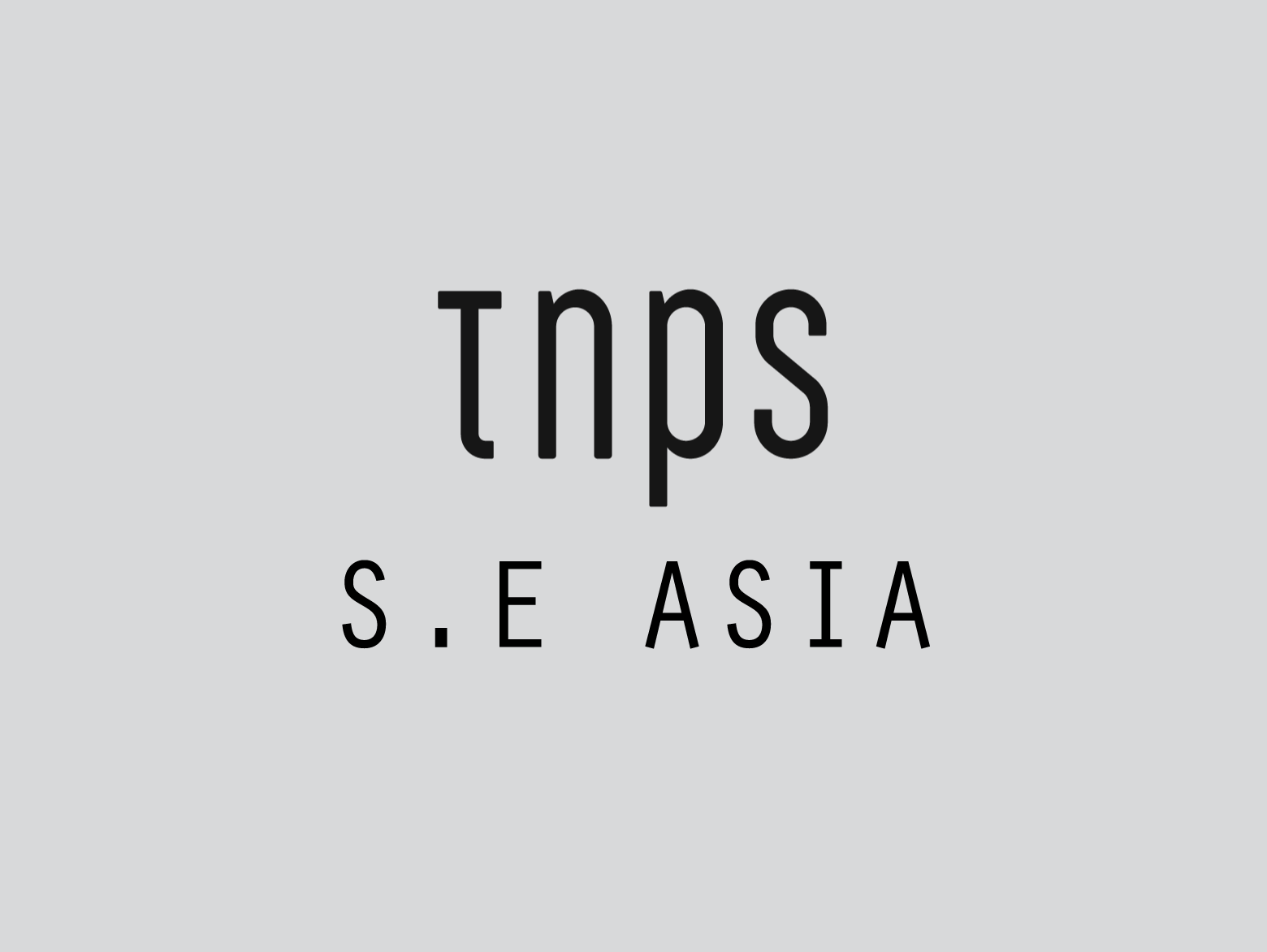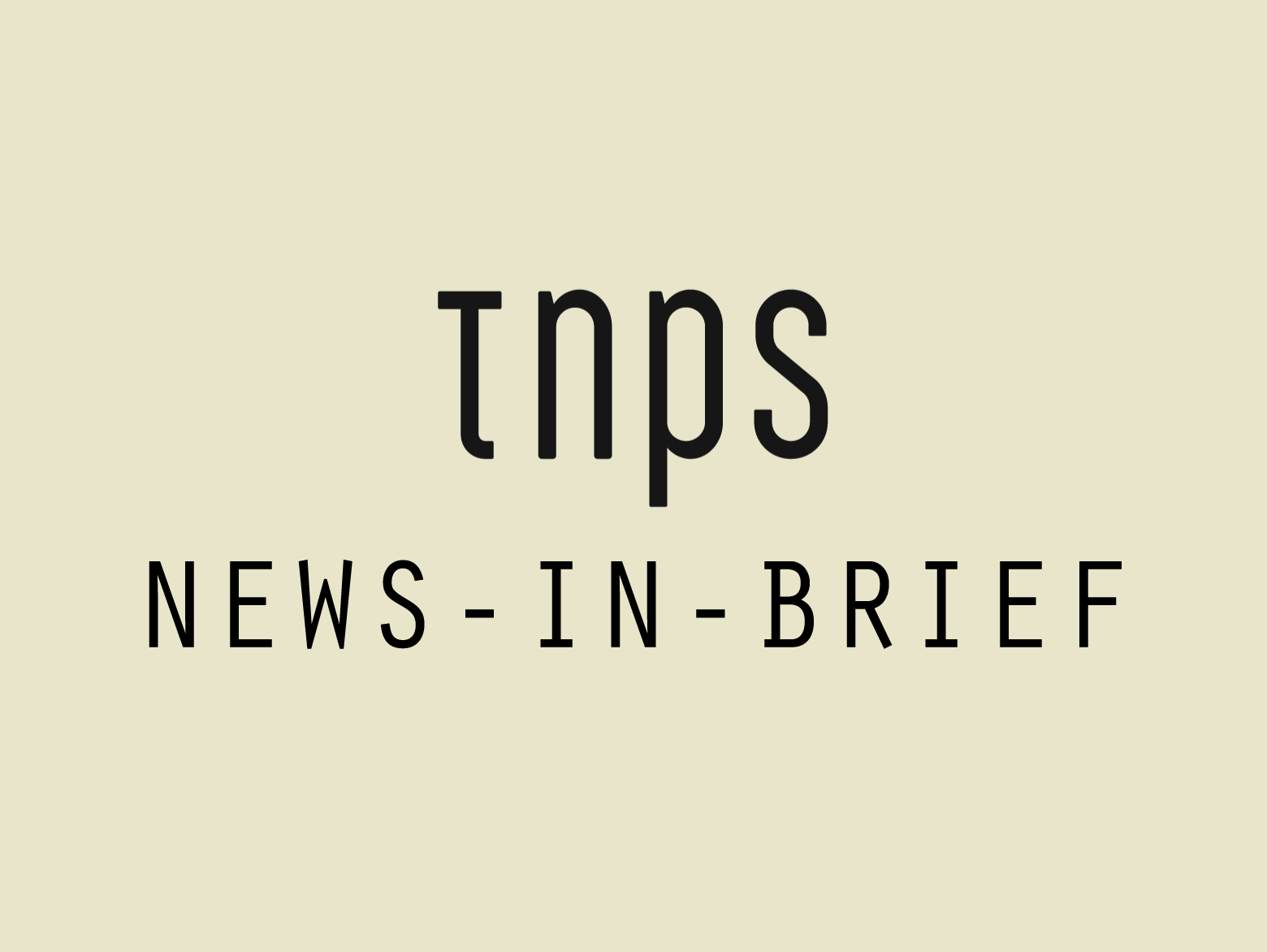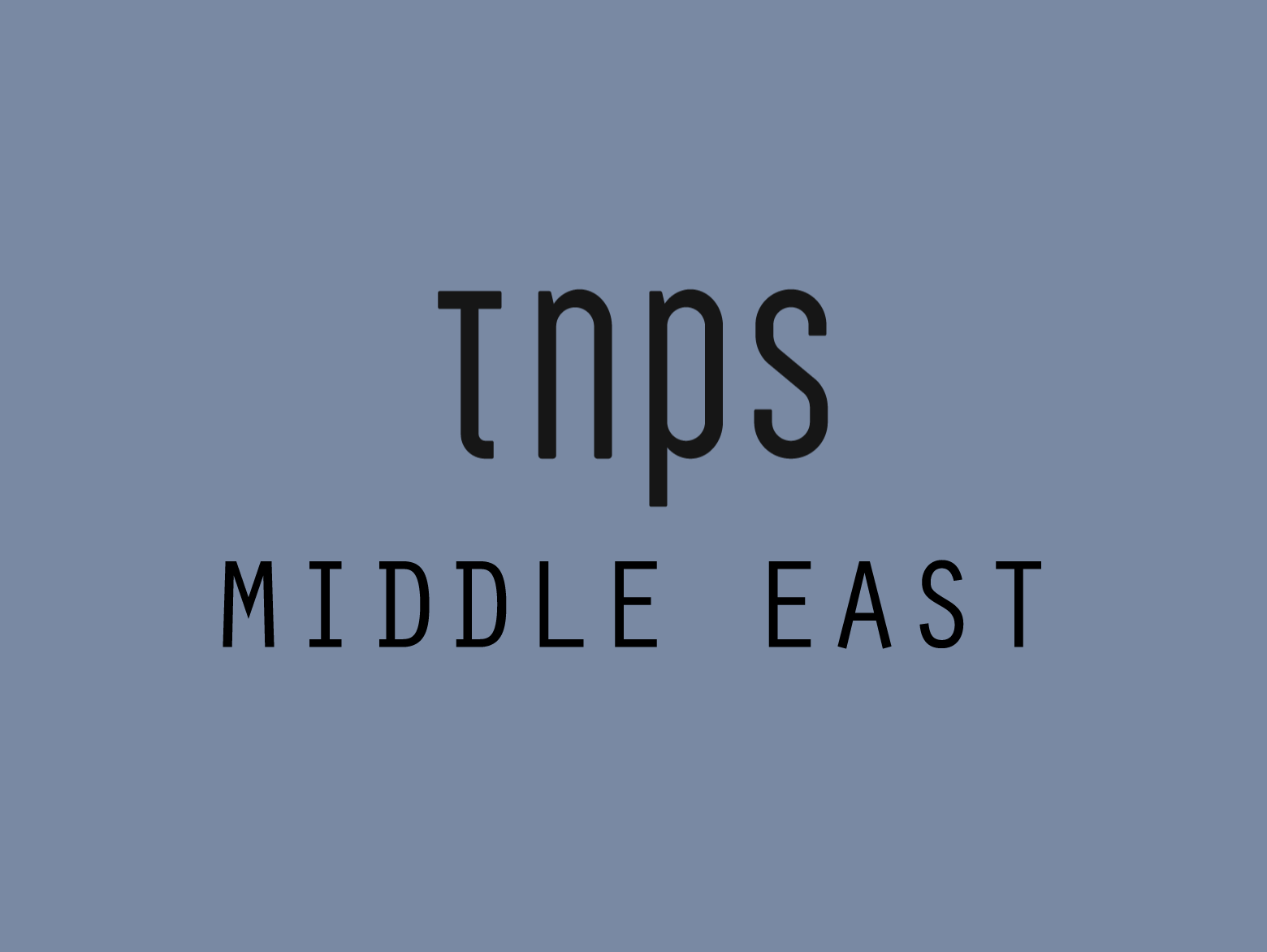Iran is not a country topping the priority list of most publishers and authors, and there are challenges to publishing and distribution in Iran many in the west would find uncomfortable. But we would be wrong to dismiss the Iranian book market out of hand.
This, after all, is the country that has the largest bookstore in the world.
12 mind-blowing book events you probably never knew happened in 2017
Just this month Iran’s President Rouhani opened the Book of the Year Award, an annual event since 1983, just a few years after the Iranian Revolution. The sister World Book of the Year Award began in 1993.
This year’s winning titles followed the tradition of non-fiction with a strong Islamic bias, but significant is that books were submitted in not just Farsi but also English, French, German, Chinese, Arabic, Italian, Georgian, Azeri Turkish, Urdu, Turkish, Finnish, Bosnian, Greek, and Serbian.
The winning titles included books from Germany, France, USA, India, Bulgaria, Italy, Switzerland and Sweden as well as home produced titles.
It was of course a print affair. With the Big 5 western ebook retailers notably absent from Iran (in this instance perhaps not so surprising) the ebook market in Iran is very much down to one player, Fidibo.

With just 16,000 titles supplied by 400 publishers (including Niloofar, Amirkabir, Qoqnoos, Ney, Negah, Ghatreh, Mahi, Agah), Fidibo is a poor relation to Iran’s biggest book store, but the app has been downloaded 1.5 million times since launch in 2014, so they must be doing something right.
This month Fidibo has partnered with the Tehran Metro to offer an hour of free reading to commuters, the hope of course being they will then buy the book (for a 20% discount) to continue reading later.
Touch-screen panels have been installed at 22 Metro stations, using QR codes (a favourite device for web links in countries that do not use the Latin alphabet).
The project, called “A library as large as a city,” has ambitions beyond the Metro line.
Fidibo’s Majid Ghasemi explained.
The fidiboxes can be installed in other public places, where people spend hours waiting, such as bus stations, hospitals and clinics.
Next to come are thematic reading material and online reading clubs.
The 31st Tehran International Book Fair is in May. Typically turnout is around the two million mark. An assertion that last year there were 5 million visitors has not been verified.
There are 56.7 million internet users in Iran, and 47 million of them are using mobile devices to connect.
In a country where publishing costs are pushed up by the need to import paper, there is plenty of opportunity for ebooks to become much more central to the lives of Iranian readers.
Hat-tip to Paul Biba (@paulkbiba) for bringing the Fidibo story to my attention.





